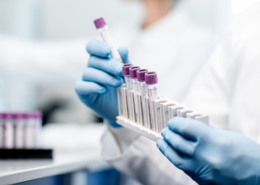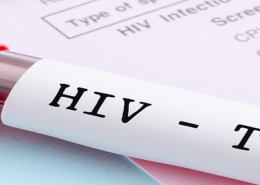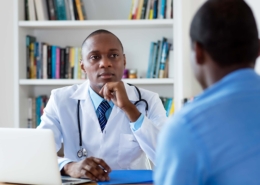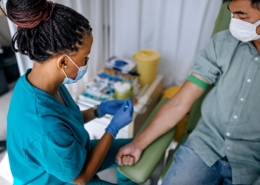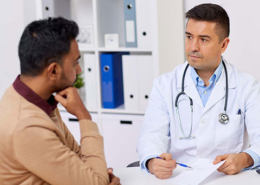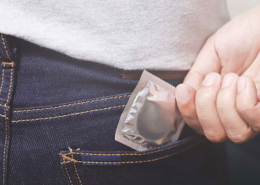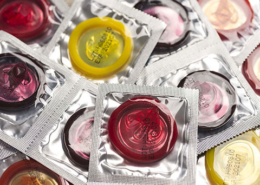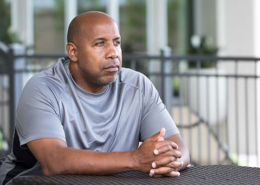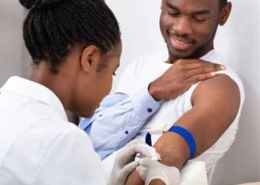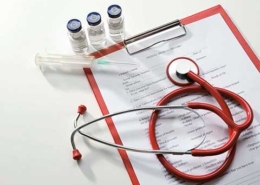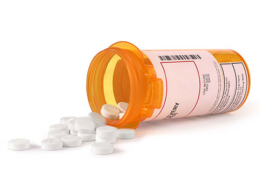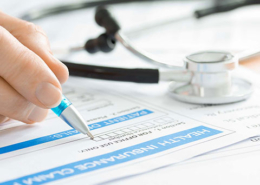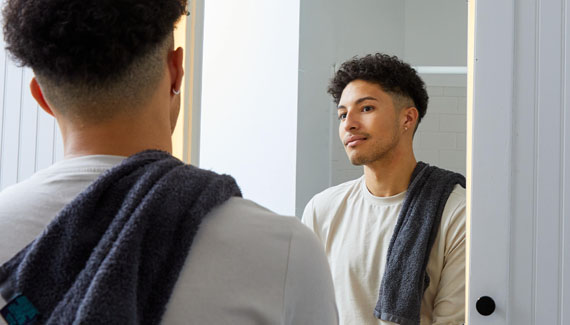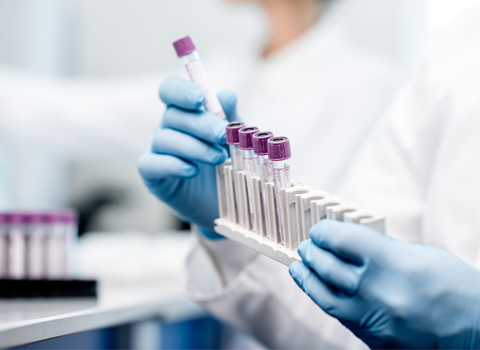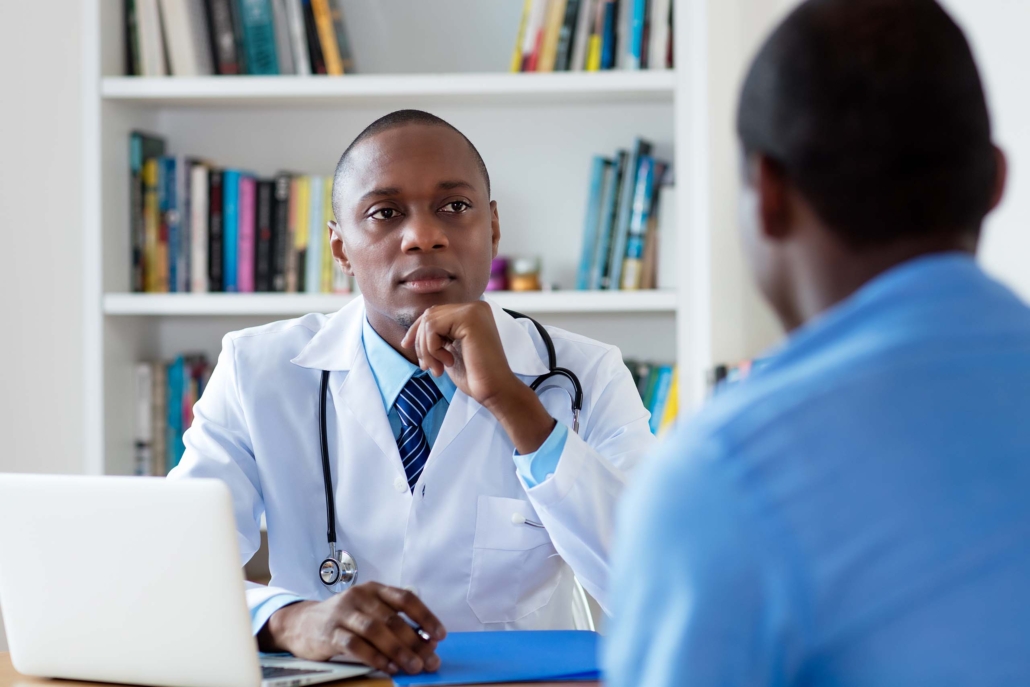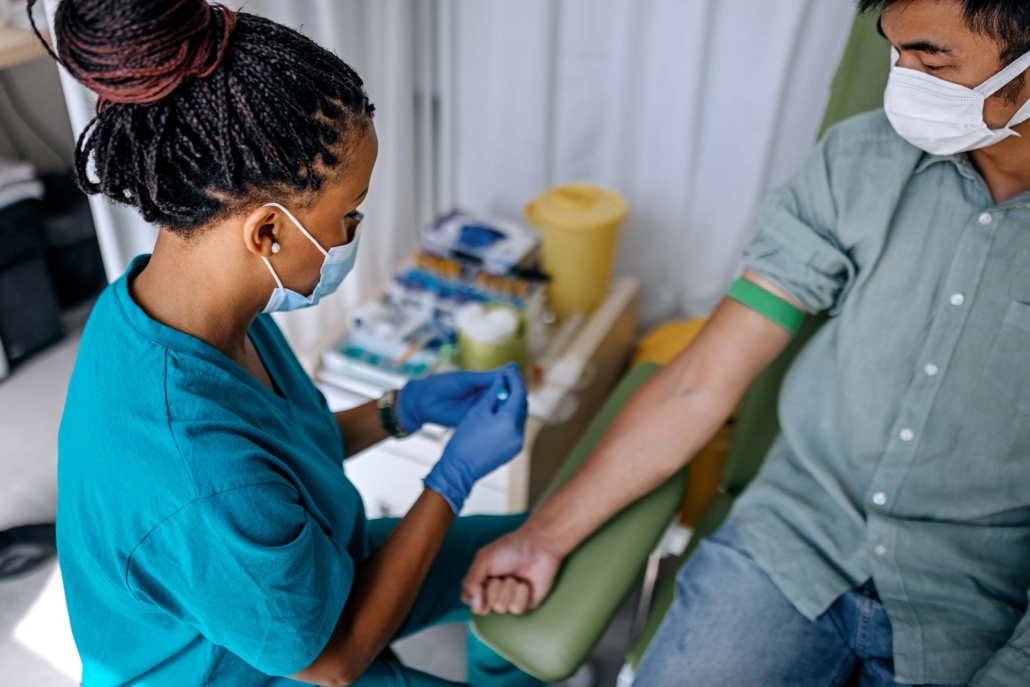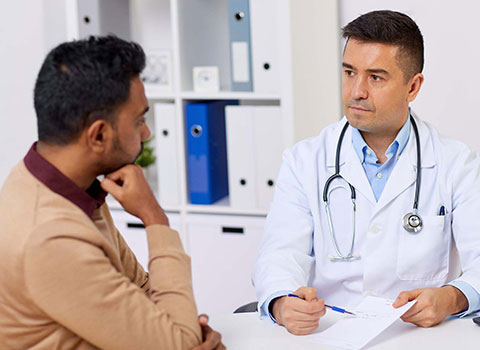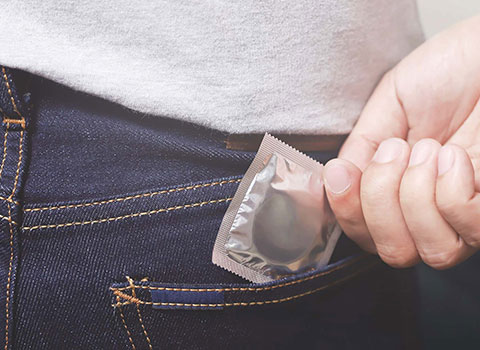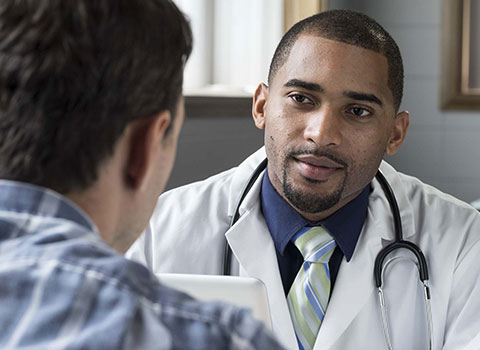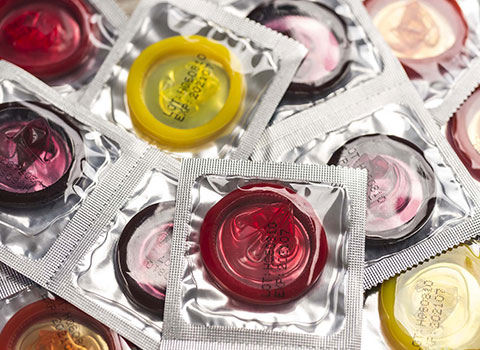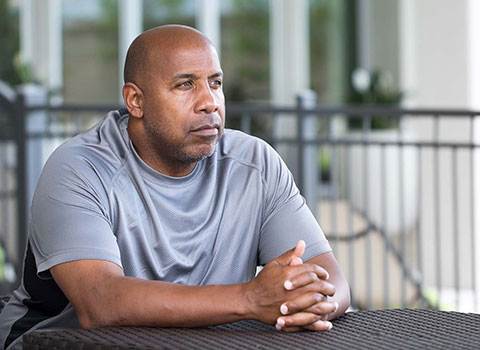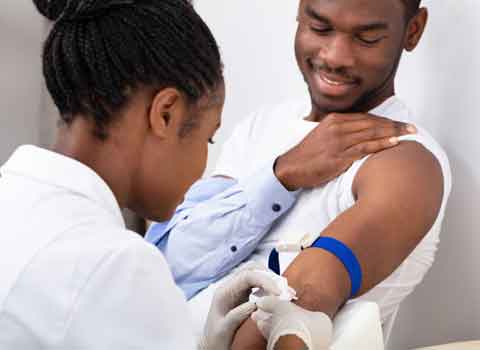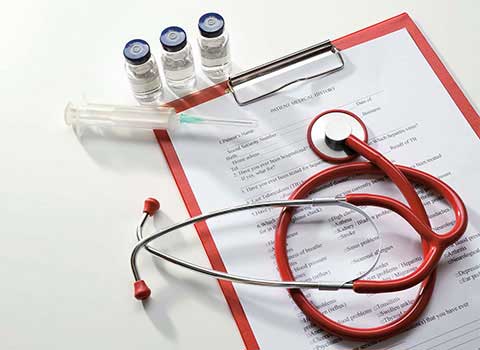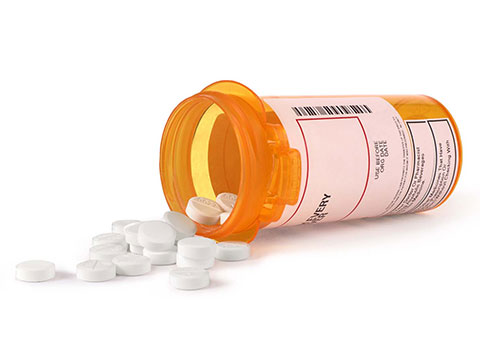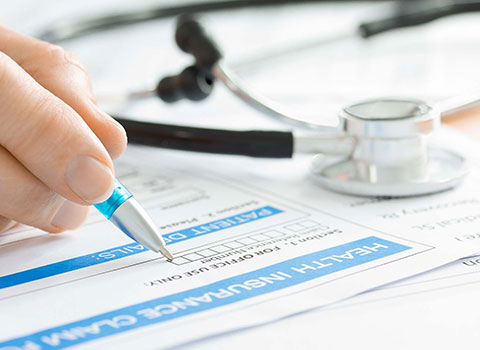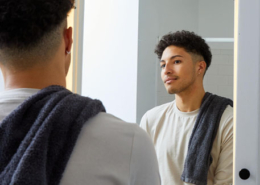 https://carethatfitsyou.org/wp-content/uploads/2023/01/CTFY-Web-image-8315_Undetectable.jpg
325
570
Admin
https://carethatfitsyou.org/wp-content/uploads/2020/04/care-that-fits-you.png
Admin2024-05-20 20:01:352024-06-10 19:21:29Información de la Mpox
https://carethatfitsyou.org/wp-content/uploads/2023/01/CTFY-Web-image-8315_Undetectable.jpg
325
570
Admin
https://carethatfitsyou.org/wp-content/uploads/2020/04/care-that-fits-you.png
Admin2024-05-20 20:01:352024-06-10 19:21:29Información de la MpoxWhat to Expect: HIV Testing
Whether it’s been a while since you’ve had an HIV test, or you’re looking to get tested for the first time, here are a few things you should know.
Should I get tested for HIV?
An HIV test detects when a person is infected with human immunodeficiency virus (HIV), which causes acquired immunodeficiency syndrome (AIDS), the most advanced stage of HIV infection. While there is no cure for HIV, there are treatments available that can reduce the level of the virus in the bloodstream to undetectable levels.
So should you get an HIV test? HIV testing is important at any age. Here are a few questions to ask yourself:
- Are you a man who is having sex with another man?
- Have you had anal or vaginal sex with a partner who is living with HIV?
- Have you had more than one sex partner since your last HIV test?
- Have you injected drugs or shared needles, syringes, and/or other drug-injection equipment with other people?
- Have you exchanged sex for drugs or money?
- Have you been diagnosed with or treated for another STD/STI, such as chlamydia, gonorrhea, or syphilis?
- Have you been diagnosed with or treated for hepatitis or tuberculosis (TB)?
- Have you had sex with someone who could answer yes to any of the above questions?
- Have you had sex with someone whose sexual history you don’t know?
If you answer yes to any of these questions, you should get tested at least once every year. However, if you’re a sexually active gay, bisexual and/or man who has sex with men, it’s a good idea to get tested more frequently—for example, every three to six months.
It’s important to note that no HIV test can detect the virus immediately after infection. If you think you have been exposed to HIV in the last 72 hours, talk to your health care provider right away about PEP (post-exposure prophylaxis).
How do I make an appointment to get tested for HIV?
Since an HIV test requires a blood sample, you must visit your health care provider in person. Contact your provider’s office or local health clinic directly to make an appointment. Health care providers don’t always recommend screening for older patients, but you know your sexual activity best. It’s important to get tested and know your status.
Need help finding a provider? Search for health clinics near you.
Most health insurance plans cover HIV testing without a co-pay, so check with your health insurer to learn more. If you don’t have health insurance, some clinics and testing sites may offer free testing.
If you are on your parents’ or partner’s insurance and are worried about keeping your medical information private, the PATCH Act can help. This is a law that protects your health care information and it will not be shared with anyone but you. It can help you feel comfortable and confident getting the care you need. Here’s how you can request to keep your information private.
If you have already scheduled an annual checkup, be sure to ask your provider for an HIV test.
What to expect during an appointment
Getting an HIV test generally takes just a few minutes. However, your health care provider may ask questions about your medical and sexual history before your test. It is also an excellent time to ask any questions you might have about the test or any other health-related matters. (Here are some suggestions: “Eight conversations to have with your doctor.”)
If you think you’ve recently been exposed to HIV, your provider may also talk to you about window periods, the period between when you’re exposed to HIV and when a test can detect the virus. The window period varies from person to person and depends on the type of HIV test administered.
Learn more about the different types of HIV tests.
Can I test for HIV at home?
The OraQuick In-Home HIV Test is currently the only HIV self-test approved by the US Food and Drug Administration (FDA). It uses oral fluid (spit and saliva) to identify HIV antibodies without sending samples to a lab. However, this kind of test usually can’t detect HIV infection until at least three months after exposure. So if you test positive on a self-test, you’ll need to follow up with a health care provider.
Getting the results
If your HIV test requires lab analysis, you can generally expect results within a few days.
If you take a rapid test, chances are you’ll be able to wait on-site for the results. If the test comes back negative, and you haven’t had a possible exposure during the previous three months, you can be confident you do not have HIV. However, if your test is positive, your health care provider will need to send a blood sample to a lab for additional testing, and you’ll get your results in a few more days.
If your test comes back positive, there are support services in Massachusetts that can help you. Learn more about living with HIV and notifying partners about your status.
When should I get tested for HIV again?
If you think you’ve had an exposure to HIV any time after getting your test, be sure to get tested again immediately.
Ask your health care provider about when you should schedule your next HIV test, keeping in mind that the CDC recommends that sexually active gay, bisexual, and/or men who have sex with men should get tested every three months.
Also, talk to your doctor about PrEP, the once-daily pill that prevents HIV, to learn if it can be a good addition to your self-care routine. If you start taking PrEP, you must get tested every three months or so to be sure that you do not have HIV.
Looking for PrEP or
other services?
Search for services near you.
Is PrEP right for you?
Take a short quiz to learn more.





